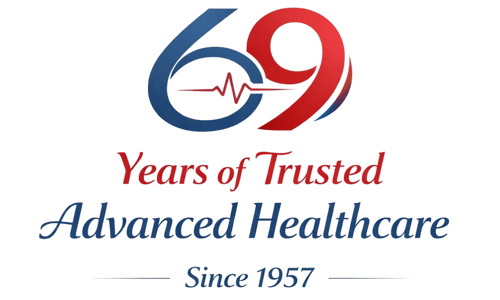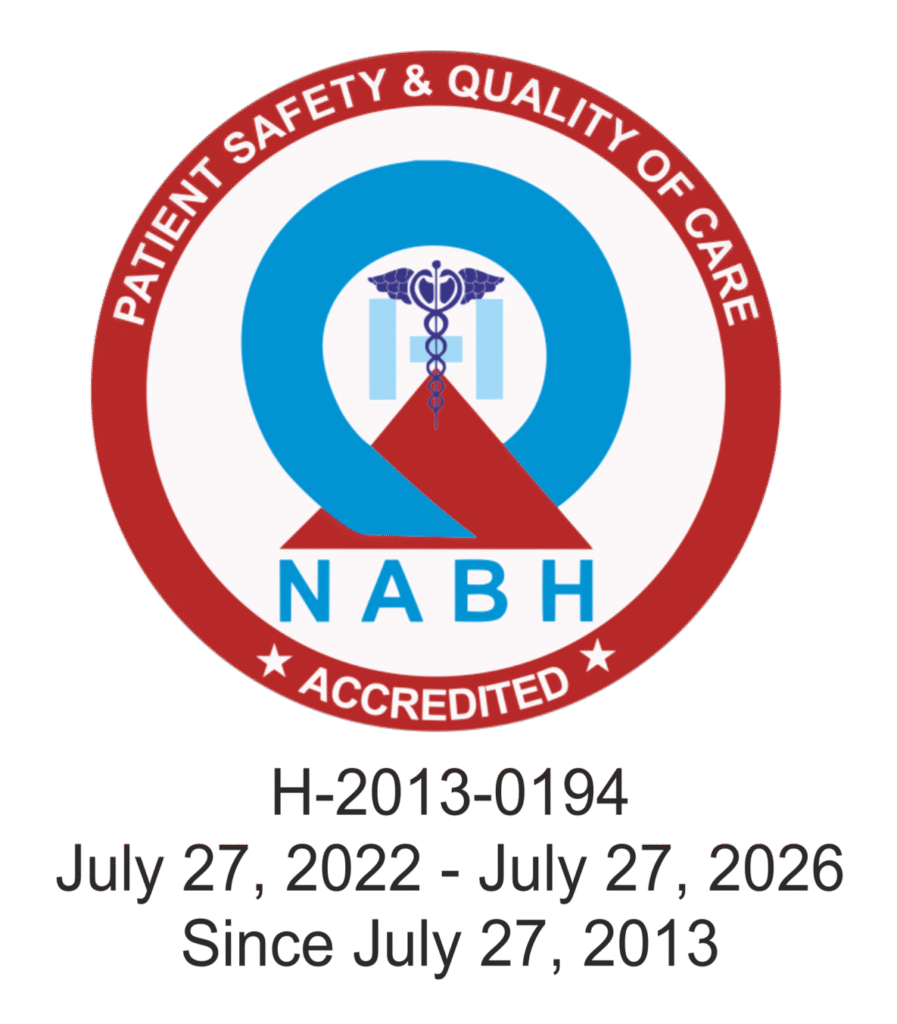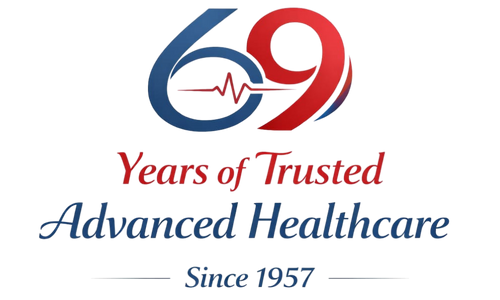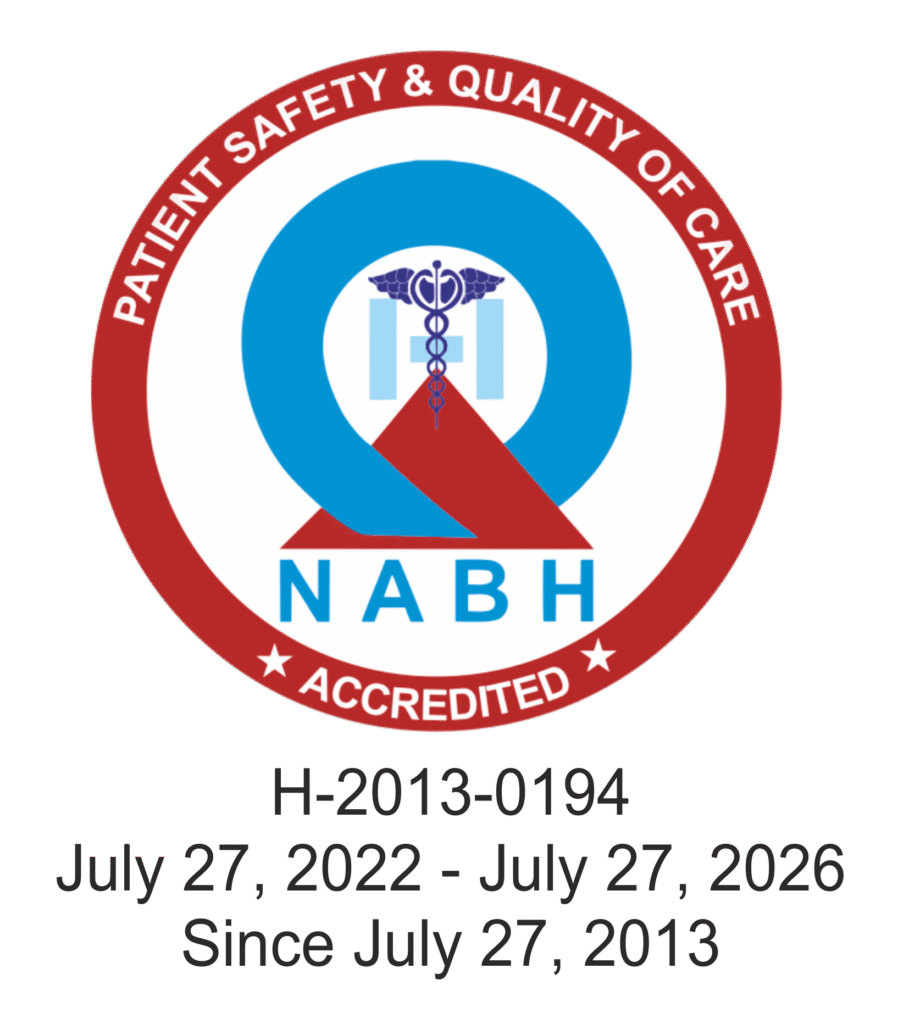
Best Family Medicine DNB college in South India
The DNB in Family Medicine at Vadamalayan Hospitals & PG Institute of Medical Sciences is a comprehensive program in which graduate doctors are trained to be multi-skilled practitioners dealing with a wide variety of illnesses that are commonly present at the community health center. Family medicine is the medical specialty, which provides continuing, comprehensive health care for the individual and family. It is a specialty in breadth that integrates the biological, clinical, and behavioral sciences.
This course emphasizes to equip the Medical professionals with skills on Medicine, Peadiatrics, Anaesthesia, Surgical, OBG, Orthopedic procedures, Opthalmology and knowledge required to provide holistic community health care.
| Courses Accredited with NBEMS (41375) | |||
|---|---|---|---|
| Course | Eligibility | Duration | Seats |
| DNB Fam. Med. (NBEMS) | Post MBBS | 3 Years | 2 Seats |
| DNB Fam. Med. (NBEMS) | Post Diploma | 2 Years | 2 Seats |
Introduction
The objective of the Diploma in Family Medicine is to produce multi-competent clinicians. They will be equipped to practice patient-centered medicine and provide initial, continuous, comprehensive, and coordinated care for people in the context of their family and community, based in community health center.
It is a three-year full-time residential course. The program will cover training in the principles of Family Medicine, managements of common illnesses and practical skills learned the departments of medicine, pediatrics, surgery, orthopedics, obstetrics, gynecology, ENT, ophthalmology, dermatology, physical medicine & rehabilitation, mental health, and emergency medicine Etc. These are skills required to practice at a community health center. The training will also make the resident familiar with the concepts of Community Oriented Primary Care.
Eligibility DNB Course:
To get admitted to a DNB (Diplomate of National Board) course, candidates need to have an MBBS degree from a recognized institution and have completed a one-year internship. They must also qualify for the NEET-PG (National Eligibility cum Entrance Test for Post-Graduation) examination.
Admission is based on merit, determined by the NEET-PG score, and is followed by a centralized counseling process conducted by the National Board of Examinations in Medical Sciences (NBEMS).
- MBBS Degree: Candidates must possess a valid MBBS degree from a medical college recognized by the Medical Council of India (now part of the National Medical Commission).
- Internship: Completion of the mandatory one-year internship is required.
- Registration: You need a permanent or provisional registration certificate of MBBS qualification from the NMC or a State Medical Council.
- NEET-PG Qualification: Candidates need to qualify for the NEET-PG examination conducted by the NBEMS.
Eligibility DNB Post Diploma Course:
To be eligible for a Post Diploma (DNB Post Diploma) course through NBEMS, candidates need to possess a recognized Post Graduate Diploma in a relevant specialty, have passed their final diploma exam on or before the specified date, and hold a permanent MBBS registration. Additionally, they must have appeared in the DNB PDCET exam and the diploma qualification needs to be recognized by the NMC Act.
- Recognized Post Graduate Diploma: Candidates must possess a Post Graduate Diploma in a specialty recognized as per the provisions of the NMC Act, 2019 and the repealed Indian Medical Council Act, 1956.
- Qualification: The candidate needs to have qualified for the final examination of the Post Graduate Diploma on or before the specified date as per NBEMS, and a pass certificate or provisional pass certificate is required.
- MBBS Registration: Candidates must have a permanent registration certificate for their MBBS qualification issued by the MCI/State Medical Council.
- DNB PDCET: Candidates need to have appeared in the DNB PDCET (Post Diploma Common Entrance Test).
Admission Process:
- NEET-PG / PDCET: The first step is to appear for the NEET-PG / PDCET exam.
- Centralized Counseling: NBEMS conducts a centralized counseling process based on merit (NEET-PG scores / PDCET Scores).
- Choice Filling: Candidates indicate their preferred institutions/hospitals during the counseling process.
- Seat Allocation: Seats are allocated based on merit and choices submitted by candidates.
- Reporting: Selected candidates need to report to the allotted institution and complete the admission formalities.
- Registration: Upon admission, candidates are registered with the NBEMS as DNB / Diploma trainees.
Objectives for the DNB in Family Medicine
Broad Objectives :
The Broad Objectives of the course will be to equip the student to address the health needs of individual patients as well as the community at the level of Community Health Centre. The resident must be able to work and make decisions independently. A graduate of the course should perform the following functions, with a high level of integrity, commitment, and competency;
| 🎓 Broad Objectives of DNB in Family Medicine |
|---|
| Diagnose and treat and the common diseases occurring in all age groups effectively across a broad spectrum of disciplines including medicine, surgery, pediatrics, obstetrics and gynecology, orthopedics, dermatology, ENT, ophthalmology, physical medicine and rehabilitation, and mental health. |
| Promptly treat common medical, surgical, and obstetric emergencies, referring only to those who need tertiary care services. |
| Network with the specialists such that they can continue the care of patients undergoing sophisticated tertiary level care, between appointments |
| Implement recognized protocols for health promotion in all age groups. |
| Organize and promote the rehabilitation of the disabled. |
| Participate in community health programs, especially those that are components of national health policies. |
| Be motivated to improvise and problem-solve in resource-poor settings. |
| Generate enthusiasm in the health team so that they can provide high quality, appropriate, ethical, and comprehensive care. |
| Ensure a therapeutic environment for patients and relatives to enhance confidence in the health system. |
| Competency in legal certification and documentation. |
| Competency in medical record-keeping and data management |
Contact us: 9994407293 / e-mail – dglvims@vadamalayan.org
Our Doctors
Why Choose Family Medicine?
With a growing demand for qualified general practitioners and primary care physicians in India and globally, family medicine is emerging as a vital specialty. Trained family physicians play a crucial role in rural health services, community health programs, and first-line treatment services in hospitals and clinics.

If you have questions, feel free to reach out
Candidates must have a valid MBBS degree from a recognized medical university and be registered with the Medical Council of India (MCI) or a State Medical Council. The program is ideal for doctors seeking to expand their expertise in primary care and general practice.
Graduates can work as family physicians, primary care doctors, or general practitioners in hospitals, clinics, community health centers, and rural healthcare projects. The course also prepares candidates to run their own family practice clinic effectively.
Vadamalayan Institute offers hands-on clinical training, expert mentorship, and community-based learning, all backed by the trusted legacy of Vadamalayan Hospitals. The program emphasizes both clinical excellence and compassionate care, making it one of the best family medicine diploma programs in Tamil Nadu.




